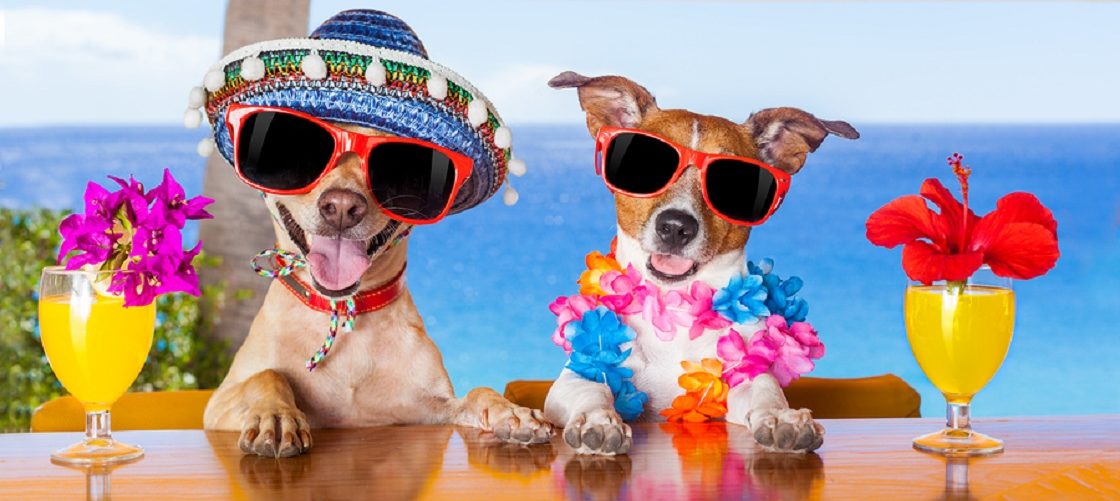In the second installment on our series on Staying on Track and Avoiding Temptation, we’re taking a closer look at how shopping under the influence can derail your Financial Freedom. If you missed the first article in this series, you can find it here.
It’s Friday, it’s 1 a.m., you’re alone and you’ve had a couple of drinks. You’ve entered the danger zone.
No, we’re not talking about your social life. We’re talking about the danger zone where buying a deluxe $200 pasta maker on Amazon seems like absolutely the best decision you’ve ever made. Even if your biweekly allowance for discretionary spending won’t cover it. Because casually perusing gourmet kitchen items online, in the relaxed, judgment-free environment of your own home makes buying much too easy.
That’s why, perhaps unsurprisingly, shopping and drinking, has become so much more common. As many as one out of three Americans admit to shopping while under the influence, according to one study. Shopping under the influence does happen in retail settings. There’s also home-based jewelry or tupperware wine-and-cheese “parties.” But the Internet gives us unprecedented access to browse, and purchase, everything from gourmet kitchenware to six-figure designer handbags. Don’t believe us? The evidence is here, here and here!
But what about when the buzz wears off? You might find yourself in a spending hangover that derails your carefully laid financial plans, or takes weeks or months to correct.
The Growth of Drunk Shopping
Alcohol is a depressant. So from the moment you take your first sip of alcohol, three areas of your brain are impacted: the cerebral cortex (the problem-solving center), the cerebellum (which controls movement) and the limbic system (which controls feelings).
Retailers know this. They often egg consumers on to imbibe more and purchase more. Case in point: A growing number of department stores have added bars on premises, and television home shopping networks are notorious for targeting the after-dinner crowd with enticing purchase opportunities.
But the Internet is the most dangerous domain of all. Alcohol suppresses your ability to think rationally. The Internet allows you to buy something quickly. So a couple of cocktails—or anything mind altering, really—can derail your Financial Freedom.
Protecting Your Financial Freedom … from the Inebriated Version of Yourself
If you can’t count on yourself to make rational buying decisions when you’re under the influence, here are a few things you can do:
Set up your accounts so you can’t spend much
One of the foundational principles of Mindshift Money’s program is making your money work for you. If you structure your accounts in a way that your paycheck automatically gets distributed into different “buckets” — for emergency savings, investments, bills, and everyday essentials, to start— you won’t be able to do too much damage because the only account you are using for daily expenditures is replenished every two weeks.
Make credit cards inconvenient
If you’re well on the road to paying off your debt, a crucial aspect of achieving Financial Freedom, you’ve stopped using your credit cards. That means you shouldn’t be incurring any new debt. So if you feel you must have a credit card, put it out of reach. Frozen in water in the freezer can be a barrier or, at the very least, in a safe deposit box.
Download an app
If you don’t trust yourself not to open Amazon when you’re out with friends, download an app like DrnkPay. The app measures your blood-alcohol content and prevents you from making a purchase if you’ve had one too many beers.
Use the ‘wait 24 hours’ rule
Sober or intoxicated, spur-of-the-moment purchases more than your pre-decided limit should be carefully considered. Will this impulse buy deprive you in some other area like groceries? Instead of hitting that “Buy now with 1-click®” when you see something you want, make a habit of waiting at least 24 hours. You’ll have time to calm down and assess whether the purchase is really a good idea.
Remember: If you continue to have a real problem with alcohol or other substances, and it affects your spending or other areas of your life, you may need to seek professional or medical help.
And if you still want that pasta maker when you sober up, you can find a way to afford it — either by cutting back on another luxury purchase or saving towards buying it in a couple of months.
Loving this series? You can find the third article here.
The views and opinions expressed are those of the guest author and do not necessarily reflect the views and opinions of MindShift.money.
image credit: Bigstock/Javier Brosch
Marisa Torrieri is an award-winning journalist and freelance writer specializing in personal finance, business, healthcare and technology. She has a master’s degree in journalism from Northwestern University and resides in Fairfield, CT. Her work has appeared in dozens of media outlets, including LearnVest, Forbes, The Washington Post, Business Insider, TIME and Health.com.
